NBS Governor: Fluctuating rate better than fixed one
National Bank of Serbia (NBS) Governor Dejan Šoškić says the policy of fluctuating exchange rate is a better solution for the economy than the fixed one.
Friday, 02.03.2012.
12:04

National Bank of Serbia (NBS) Governor Dejan Soskic says the policy of fluctuating exchange rate is a better solution for the economy than the fixed one. He added that the Serbian national currency was more stable in the previous two months than some other currencies in the region. NBS Governor: Fluctuating rate better than fixed one Soskic said at Thursday's forum of the Serbian Association of Managers that if a country decided to introduce the fixed exchange rate, it needed to have low inflation and stable sources of financing, such as Croatia, which had stable revenues from tourism that Serbia did not have. “In the previous two months, the dinar weakened by 4.3 percent against the euro, while for instance the Hungarian forint went down by 9.5 percent and the Turkish lira by 12.5 percent,” the NBS governor said. Commenting the assessments of home experts that the dinar plummeted since the beginning of the year, he recalled that two years ago the exchange rate stood at RSD 107 for one euro, which was the same as ten days ago. Referring to certain thesis that the exchange rate should today be between RSD 130 and 150 for one euro, Soskic said that if the NBS allowed it, prices would soar and that would trigger an inflation increase. “The more realistic solution would be to improve the competitiveness of the domestic economy, reduce gross incomes i.e. taxes, and increase export,” he said. The governor expressed belief that in the period of the coming parliamentary and local elections there will be no major shifts and instabilities in the domestic economy, adding that the first thing to be done by the new government is to carry out a budget review. “Moreover, the new government should implement a serious fiscal reform and reduce taxes thus making the economy more competitive both in the foreign and domestic market,” Soskic pointed out. Dejan Soskic (Tanjug, file) Tanjug
NBS Governor: Fluctuating rate better than fixed one
Šoškić said at Thursday's forum of the Serbian Association of Managers that if a country decided to introduce the fixed exchange rate, it needed to have low inflation and stable sources of financing, such as Croatia, which had stable revenues from tourism that Serbia did not have.“In the previous two months, the dinar weakened by 4.3 percent against the euro, while for instance the Hungarian forint went down by 9.5 percent and the Turkish lira by 12.5 percent,” the NBS governor said.
Commenting the assessments of home experts that the dinar plummeted since the beginning of the year, he recalled that two years ago the exchange rate stood at RSD 107 for one euro, which was the same as ten days ago.
Referring to certain thesis that the exchange rate should today be between RSD 130 and 150 for one euro, Šoškić said that if the NBS allowed it, prices would soar and that would trigger an inflation increase.
“The more realistic solution would be to improve the competitiveness of the domestic economy, reduce gross incomes i.e. taxes, and increase export,” he said.
The governor expressed belief that in the period of the coming parliamentary and local elections there will be no major shifts and instabilities in the domestic economy, adding that the first thing to be done by the new government is to carry out a budget review.
“Moreover, the new government should implement a serious fiscal reform and reduce taxes thus making the economy more competitive both in the foreign and domestic market,” Šoškić pointed out.











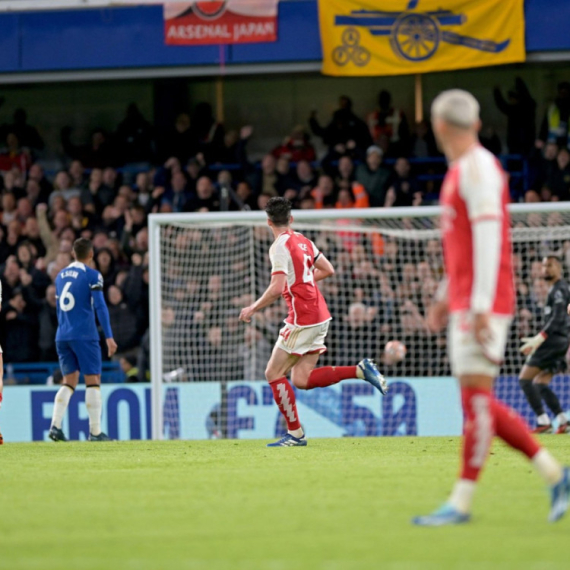
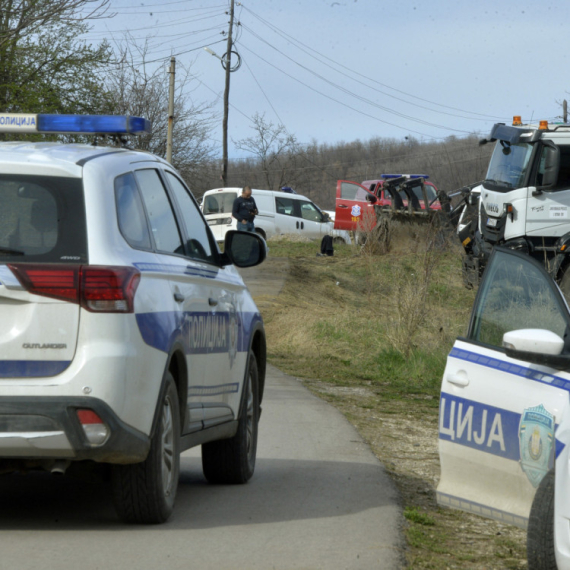


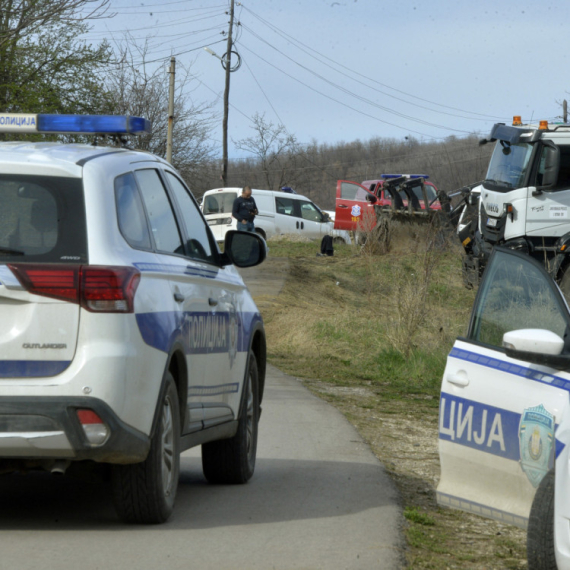
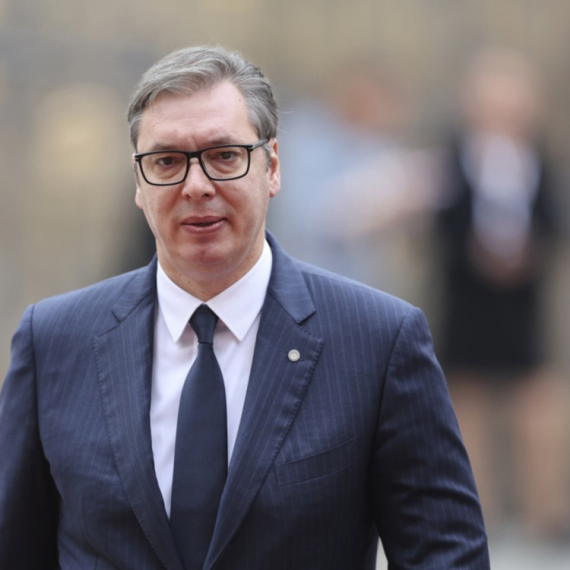


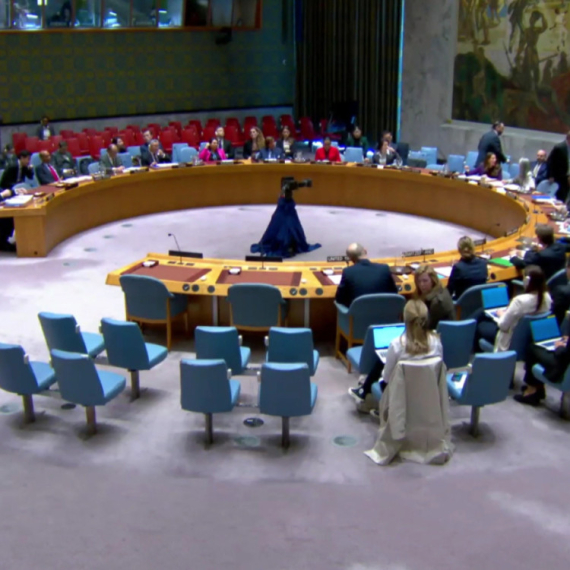
































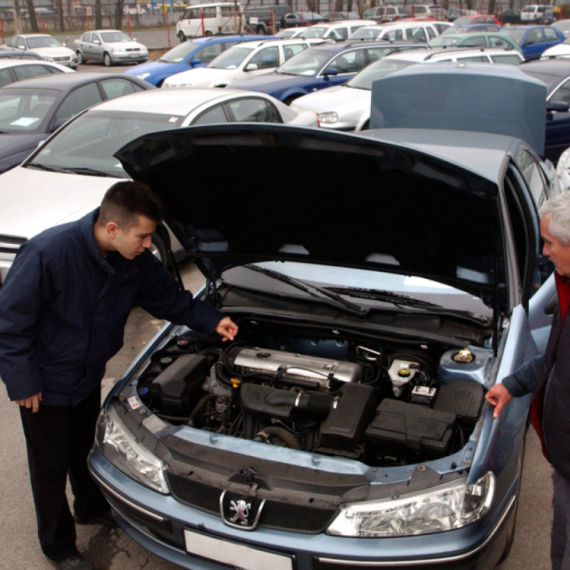






Komentari 4
Pogledaj komentare